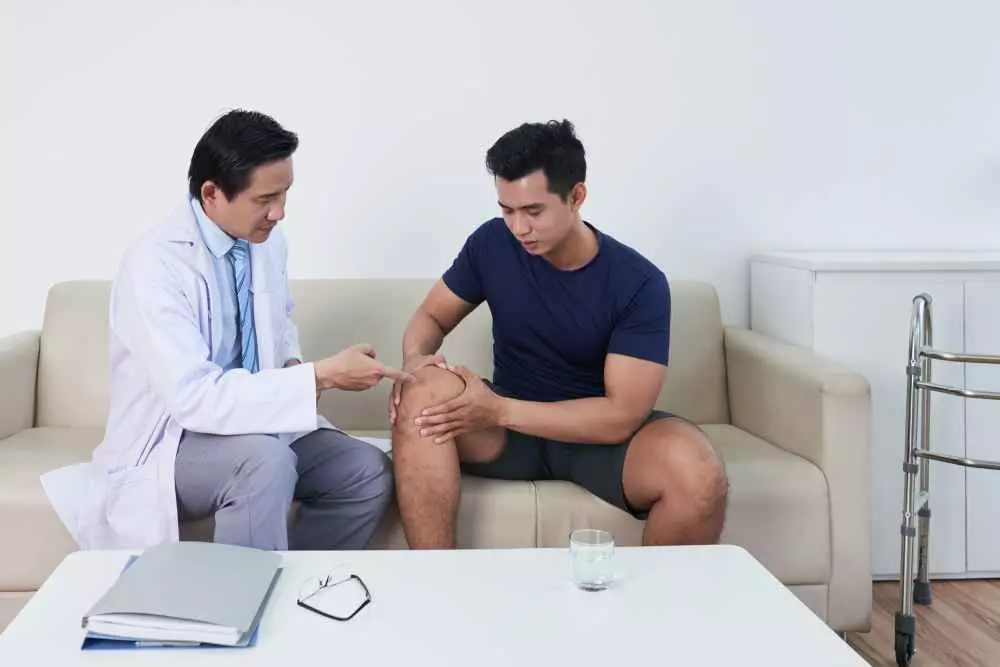New technologies in the treatment of pain in patients with neurological and psychiatric diseases
Introduction
Pain therapy is one of the key areas of medicine, especially for patients with neurological and psychiatric diseases. Numerous scientific studies and technological advances have brought new opportunities to treat pain and improve the quality of life for these patients. In this article, we will discuss the latest technologies used to treat pain in patients with neurological and psychiatric diseases.
Pharmacological treatment
Traditionally used pain medications, such as non-steroidal anti-inflammatory drugs (NSAIDs) and opioids, continue to play an important role in the treatment of pain in neurological and psychiatric patients. However, the development of new pharmacotherapies provides additional tools in pain management. One example is pharmacological neuromodulation, which involves the use of drugs that modify nervous system activity to reduce pain.
Research indicates that drugs that act on opioid receptors, such as buprenorphine or tramadol, can be effective in treating neuropathic pain, which often occurs in patients with neurological diseases. For patients with mental illnesses such as depression or schizophrenia, antidepressants and antipsychotics can also provide pain relief.
Electrostimulation neuromodulation
Electrostimulation neuromodulation is another innovative method of pain therapy. The procedure involves delivering electrical impulses to specific nerve areas to reduce the intensity of pain. A popular type of electrostimulation neuromodulation is spinal cord stimulation, which involves implanting electrodes in the spinal canal. These electrodes generate electrical impulses that interfere with the transmission of pain signals to the brain, reducing the patient's perception of pain.
Another method of electrostimulation neuromodulation is vagus nerve stimulation. In this procedure, an electrode is implanted near the vagus nerve, which plays a key role in regulating many bodily functions, including pain. Stimulation of the vagus nerve can reduce the sensation of pain by affecting the autonomic system and inflammatory processes.
Neurofeedback
Neurofeedback is a therapeutic method that allows patients to control brain activity and its response to stimuli. Researchers have identified differences in the brain activity patterns of patients with pain and created neurofeedback protocols that allow modification of these patterns to reduce pain.
During a neurofeedback session, the patient is connected to a device that monitors brain activity. Based on these measurements, the patient receives real-time feedback, such as sounds or images. In this way, he can learn to control his reaction to pain and influence his perception of pain.
Pain centers
Pain centers are places where patients can receive comprehensive pain therapy. These state-of-the-art medical facilities specialize in the diagnosis and treatment of pain in patients with neurological and psychiatric diseases. They operate with an interdisciplinary team of specialists, such as neurologists, psychiatrists, physiotherapists and psychologists.
Pain centers offer a range of cutting-edge therapeutic procedures, such as cryotherapy and laser therapy, which can reduce pain sensations and help patients return to normal functioning. In addition, pain centers often also offer drug therapy and psychotherapy, providing comprehensive care for patients with neurological and psychological illnesses.
Conclusion
Technological advances in pain therapy are opening up new possibilities for patients with neurological and psychiatric diseases. New pharmacotherapies, methods of electrostimulation neuromodulation, neurofeedback and specialized pain centers are important contributions to improving the quality of life of these patients. It is important to continue research and development in this area to provide effective and comprehensive pain therapy for all patients.